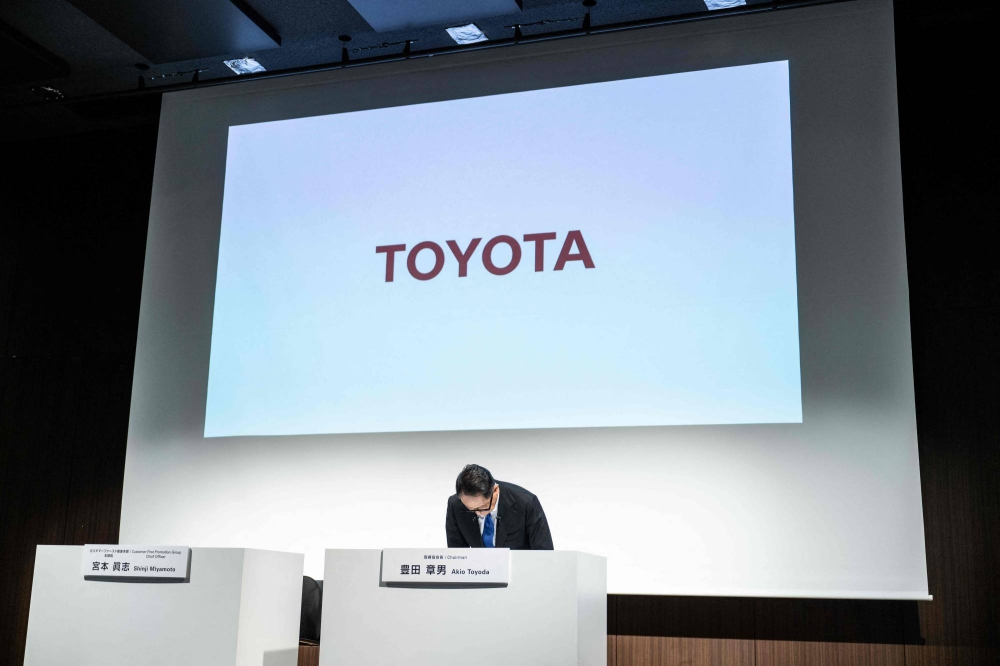
On June 3, 2024, Japan's Ministry of Land, Infrastructure, Transport and Tourism announced irregularities in safety tests by six automakers and a motorcycle manufacturer. As a result, Toyota Motor, Mazda Motor and Yamaha Motor temporarily suspended shipments of a total of nine models due to the reported misconduct. The other companies implicated were Honda Motor and Suzuki Motor.
The infractions included submission of false data, rewriting of engine-control software, false entries in test reports, tests under inappropriate conditions and improper modification of test vehicles in crash tests. Toyota identified issues with pedestrian and occupant safety tests for three models including the Yaris Cross SUV. Honda and Mazda also reported problems related to testing of several models.
The Japanese authorities had instructed the companies to conduct investigations into their compliance with national standards for safety and other issues. The exact nature of the possible infractions and their severity remains unclear, while vehicle performance and safety are likely unaffected.
This is not the first time Japanese automakers have faced testing and certification problems. In December 2023, an internal investigation at a Toyota subsidiary, Daihatsu Motor, revealed that most of its vehicles had not undergone proper collision-safety testing. The following month, another Toyota unit suspended all of its engine shipments after an investigation revealed it had falsified figures concerning engine power.
The disclosures from Toyota and others add to a growing list of concerns about the quality and safety of Japanese cars. It is important for consumers to be aware of these issues and to demand transparency from automakers regarding their testing procedures.

